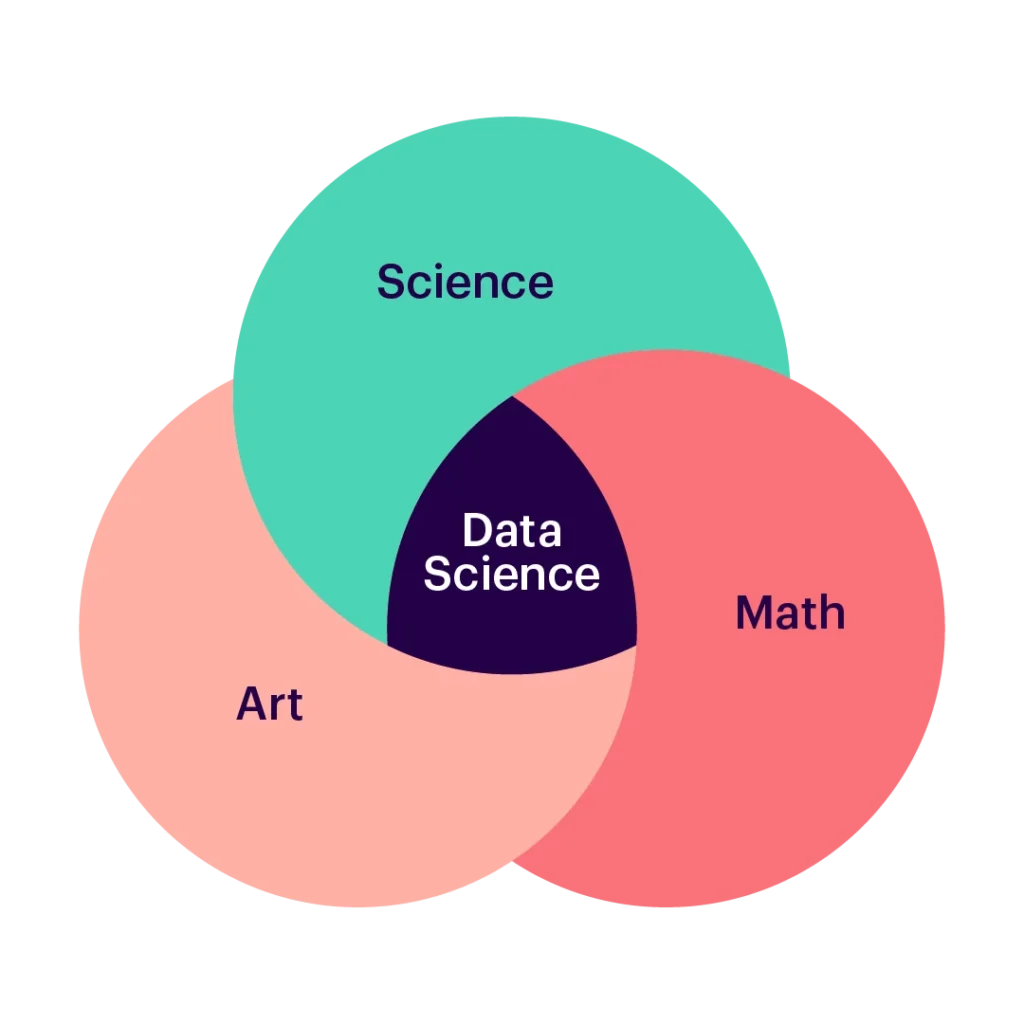Nowadays, almost everyone is familiar with Excel, many people can write basic code, and a considerable number can even execute machine learning algorithms. Additionally, if you're knowledgeable enough, ChatGPT can assist in building simple applications. While several factors distinguish data scientists, technical abilities are increasingly seen as just the basic requirement. Every new member of my data science team often knows more techniques, understands more algorithms, and can code faster and better than I can. Given all this emerging talent, you might wonder, “How do I avoid becoming irrelevant?”

There are various ways to stay relevant, such as gaining a deep theoretical understanding of the algorithms and techniques you use, enhancing your mathematical and statistical expertise, becoming an authority in a particular business domain, staying innovative by developing new techniques, and staying updated on the latest trends in the field. Another essential and impactful way to remain relevant is by mastering the art of storytelling.
Storytelling: Why Does It Matter?
Think back to the last meeting you attended where someone presented information — were you fully attentive? How long did it take before you started checking your phone? Now recall the last Ted Talk you watched — why was it easier to stay engaged?
Storytelling plays a crucial role in many business areas, particularly in my field of consulting. To create something impactful, you must articulate the problem and narrate how the right solution will positively influence the business. Many data science colleagues often ask, “Why am I not getting promoted despite delivering great work?” The answer is simple — they struggle to demonstrate the impact of their work effectively.
Here’s a scenario to consider:
Suppose I'm an expert in sports analysis. As part of my research, I develop a new composite metric that surpasses existing ones in predicting if and when players will reach their peak potential, what that peak might be, and their injury risk level. I pilot this metric and dominate a few fantasy basketball leagues. I then publish a paper about it and present it at an analytics conference, earning recognition from my peers. Even 538.com adopts it for their player and team rankings. In essence, I created something innovative, validated its effectiveness, and gained notoriety as a result.
A different, more profitable approach:
In this alternative scenario, I’m the same expert developing the same metric and testing it in fantasy basketball leagues. However, this time I secure the intellectual property rights before presenting it at a conference. I still discuss the technical details, but I primarily focus on the following:
How Data Narratives Drive Business Transformation
-
Sports Teams
Scouts use this to spot hidden talent, optimizing late first-round and second-round draft picks, which helps discover players like Nikola Jokic (3-time MVP) and Draymond Green (4-time champion). Training staff use this to determine optimal rest schedules to prevent injuries from overuse. Given that NBA contracts are guaranteed, this strategy saves money by avoiding paying sidelined players.
-
Sportsbooks
Platforms like DraftKings leverage this to set accurate betting lines and optimize payouts. Using historical data, statistical models, and real-time updates, they identify patterns that impact game outcomes while complying with regulations, ultimately creating a profitable environment irrespective of the game’s result.
-
Fantasy Players
A key part of catering to fantasy players involves aggregating various metrics into an easy-to-use platform. This provides them with valuable insights for optimizing their drafts, winning money, and gaining bragging rights among friends. Such tools enable fantasy players to make informed decisions and effectively manage player valuation complexities.
The Convincing Power of Data Narratives
By narrating how different groups can use and monetize insights from this new data science project, you captivate your audience and open up opportunities to create value for yourself and collaborators. The result is not just gaining recognition within your immediate circle but also generating broader notoriety and monetization possibilities.
Ultimately, unless your work is purely academic, you must be capable of narrating how your work will be applied and generate revenue or profit.
To put it simply, if you can communicate how your data science influences behavior, creates value, or empowers decision-making that impacts these outcomes, you'll succeed. Otherwise, your data science work might be overlooked, forgotten, or worse, someone else might tell that story and claim the credit. Mastering storytelling is a key distinction between principal and staff data scientists and is often what sets successful data scientists apart from average ones.